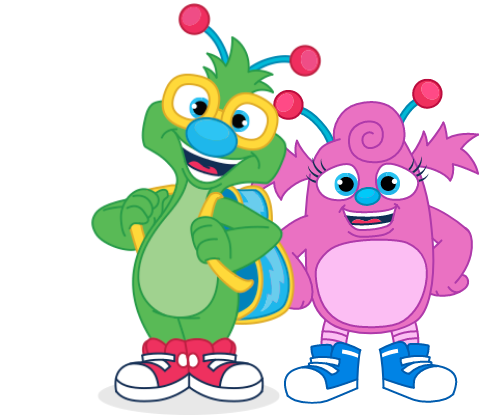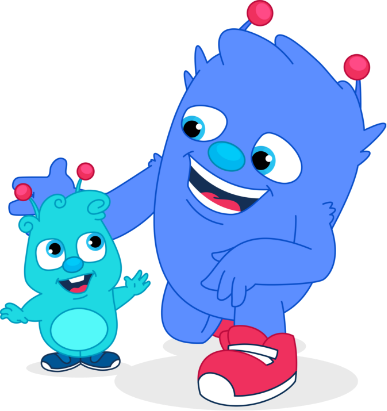May 30, 2013
Learning To Read
Did you know that the parents and caregivers a child is most familiar with, can greatly influence their ambition to read?
Learning to read begins at birth. Every child is born into a community of language. The environment around a child uses language to listen, speak, read and write. Whether or not the adults around a child value these things will have huge impact on how the child learns. When a child sees a familiar adult immersed in a book, this is saying to the infant, ‘Reading is enjoyable, reading is valuable,’ and can prompt the child to want to be a reader and a writer.
Here are some additional ways to foster life-long readers and writers:
- Read aloud daily. Make each story time a warm and loving experience that children cherish. Children love to know what is happening next. When they associate story time with a warm, safe experience, they will be more than willing to give you their attention.
- Re-read favorite books. Infants may not understand the content of the book, but they are intrigued by the colors and shapes on a page as well as the various sounds of the language being read. When a book is re-read, a familiarity builds and expectations develop as the pages turn. As time moves on, the infant will learn when it is time to turn the page. Similarly, older children notice more and more details with each read while confirming the understanding they already had of a text. This helps them build confidence in their comprehension and gives them a sense of ownership in their ability to learn.
- Invite child to join in. Books with repetitive text and rhyming are excellent opportunities to encourage children to participate in the experience. When little ones start to anticipate the words in a text and have the opportunity to play a part, their interest and engagement takes leaps and bounds as well as their confidence and self-outlook. For older children, encourage them to think beyond the text and make connections to a book about their own life. These practices build meaningful memories with books and help children develop strategies for comprehension.
Below are websites that include lists of suggested books to read to children, of different ages:
www.oprah.com/packages/kid-reading-list.html

 1.866.668.5111
1.866.668.5111  6:30 am - 6:00 pm
6:30 am - 6:00 pm 
 Give a Happy High Five!
Give a Happy High Five!



